Labor has secured a federal election victory in Australia, in what was widely seen as a major domestic backlash against Donald Trump-style politics and the country’s rightward drift under the conservative coalition.
Prime Minister Anthony Albanese secured a second term, becoming the first Australian leader to do so since John Howard in 2004. His party not only retained government but expanded its majority.
“Today, the Australian people have voted for Australian values, for fairness, aspiration and opportunity for all,” Albanese told cheering supporters in Sydney on May 3, as reported by the Guardian.
The ABC projected Labor to win 86 seats, a clear majority, while the coalition got 39, down 18 from the previous election. Sixteen seats remained undecided.
The Coalition leader Peter Dutton conceded defeat, calling the outcome “obvious.” “We did not do well enough during this campaign,” he told coalition supporters in Brisbane.
Labor’s campaign framed the election as a choice between steady leadership and chaos, drawing comparisons between the Coalition’s policies and U.S. President Donald Trump.
Trump's unpopular 10-percent tariff on Australian goods and the global financial instability caused by his trade policies raised concerns among voters, France 24 reported on May 3. Other key issues in the campaign included the rising cost of living, wage growth, and Coalition's proposals like restricting remote work for public servants.
Peter Dutton’s “Trump-lite” policies, including plans to cut public service jobs in the name of government efficiency, alienated some voters, Henry Maher, a politics lecturer at the University of Sydney, told France 24.
On foreign policy, his government has prioritized support for Ukraine, committing more than $1.3 billion in aid and backing international efforts to hold Russia accountable for its invasion. In July 2023, Albanese met with Ukrainian President Volodymyr Zelensky.
Australia has imposed sanctions on over 1,200 individuals and entities linked to Russia’s war and has called on China to use its influence to help end the war.
On April 22, when asked about reports that Russia had requested to build a military base in Indonesia, Albanese dismissed the claims as “propaganda” and criticized the opposition for echoing them.
“I have no wish to help promote Russia’s propaganda messages,” he said. “I’m anti-Russia. I’m not sure that everyone is on that page, but I think that Russia has very different values under an authoritarian leader.”
His comments appeared after Russia’s ambassador to Indonesia, Sergei Tolchenov, amid concerns of Moscow increasing its military presence in the region claimed that Australia lacks the geopolitical weight to counter Russian military manoeuvres in the Indo-Pacific.
Previously, there were unconfirmed reports of a potential Russian military base on Indonesia’s Biak Island, an area located strategically close to northern Australia around 1,360 kilometers away.
If authoritarians are scared of journalists, we must be doing something right
“How do we continue convincing our few remaining allies that journalists’ work is important?” Last month, I was sitting on stage at the International Journalism Festival in Perugia, Europe’s biggest journalism conference, when I heard this question from an audience member. The answer came to me fast. “Point at

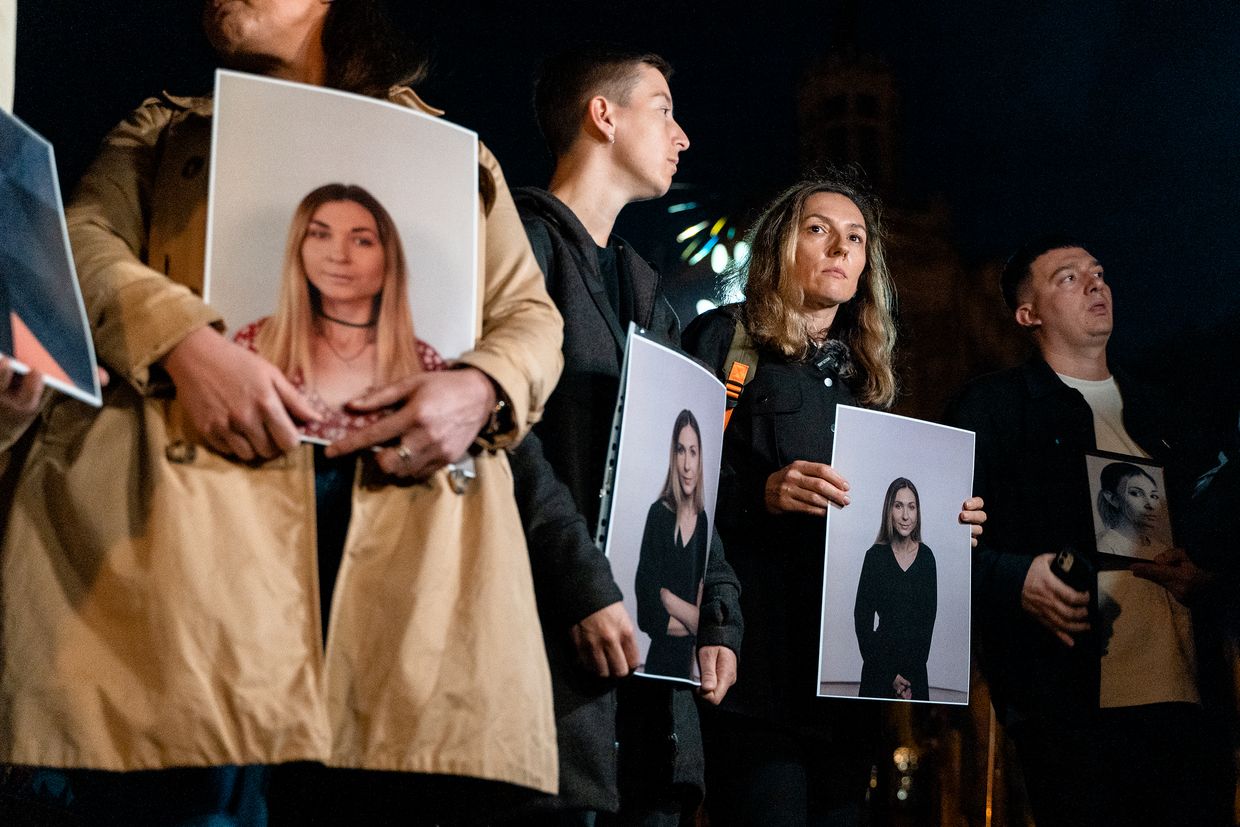
.png)
 German (DE)
German (DE)  English (US)
English (US)  Spanish (ES)
Spanish (ES)  French (FR)
French (FR)  Hindi (IN)
Hindi (IN)  Italian (IT)
Italian (IT)  Russian (RU)
Russian (RU)  15 hours ago
3
15 hours ago
3
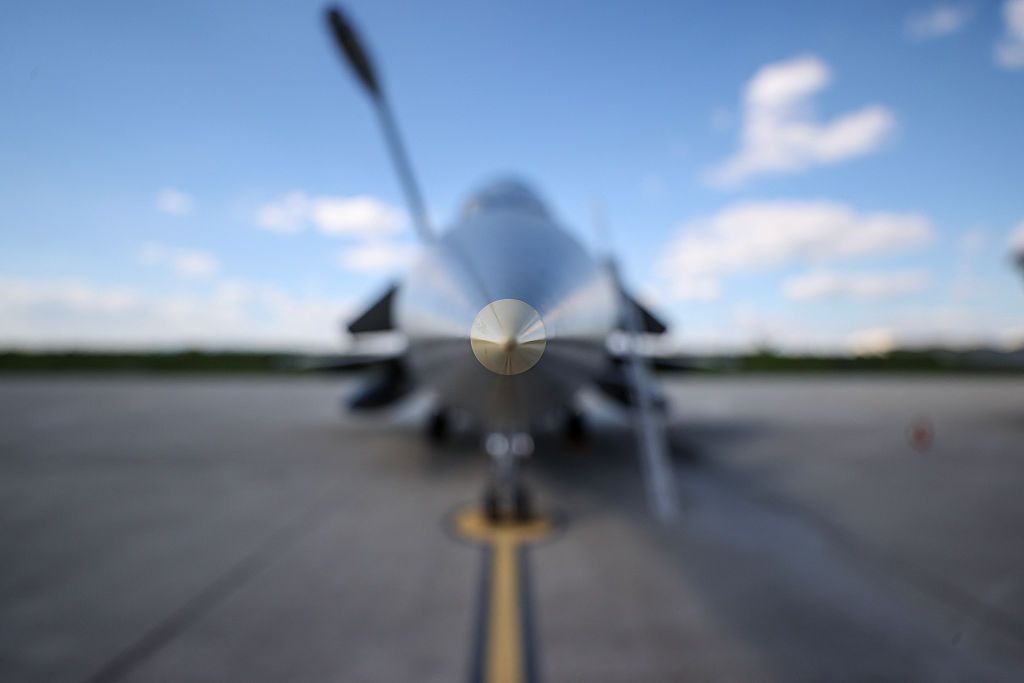
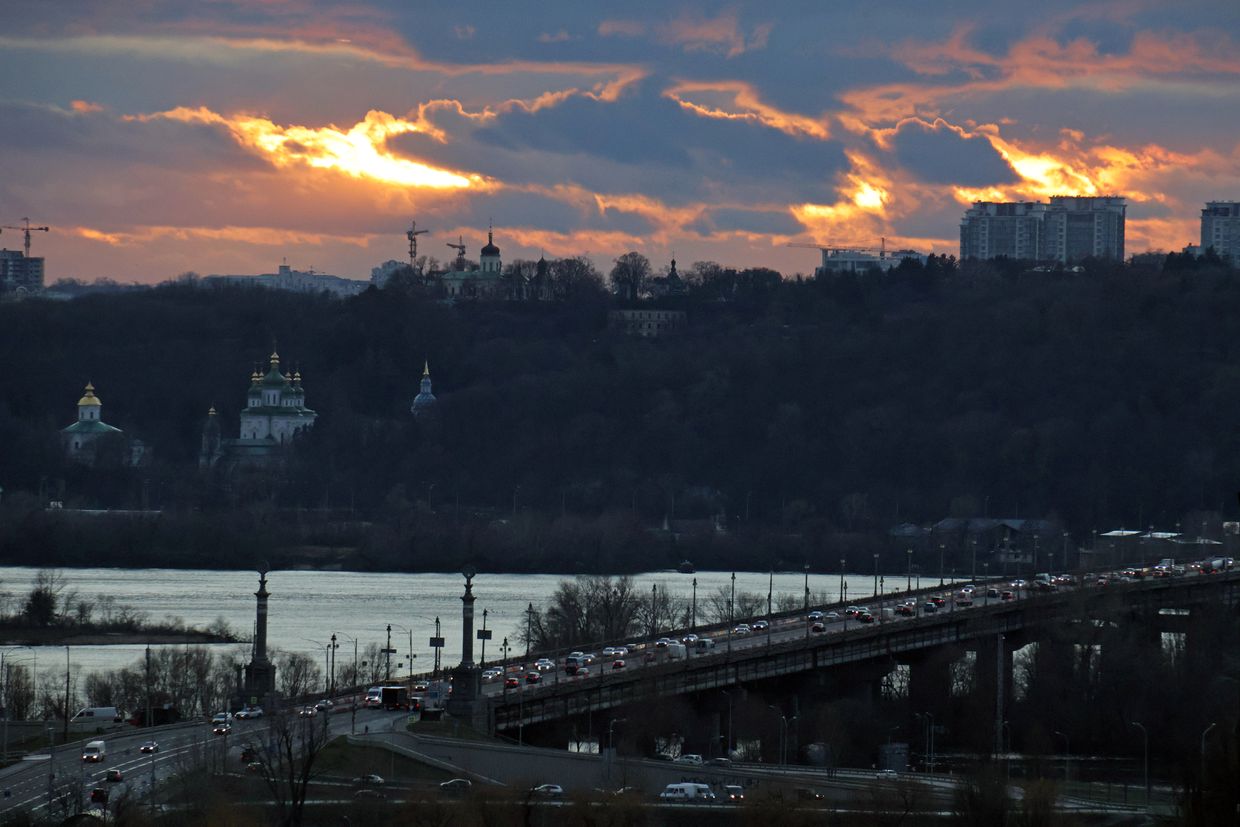
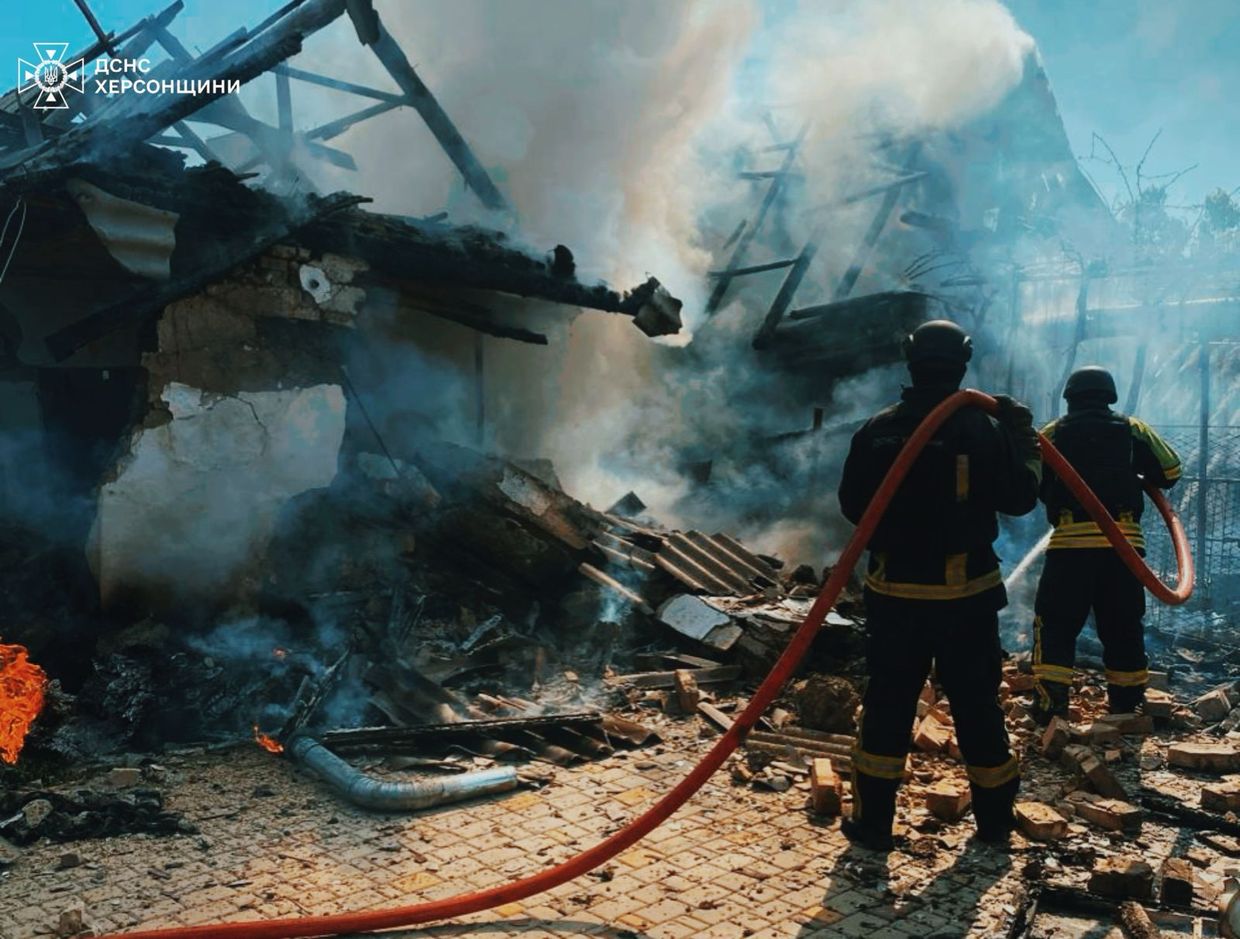
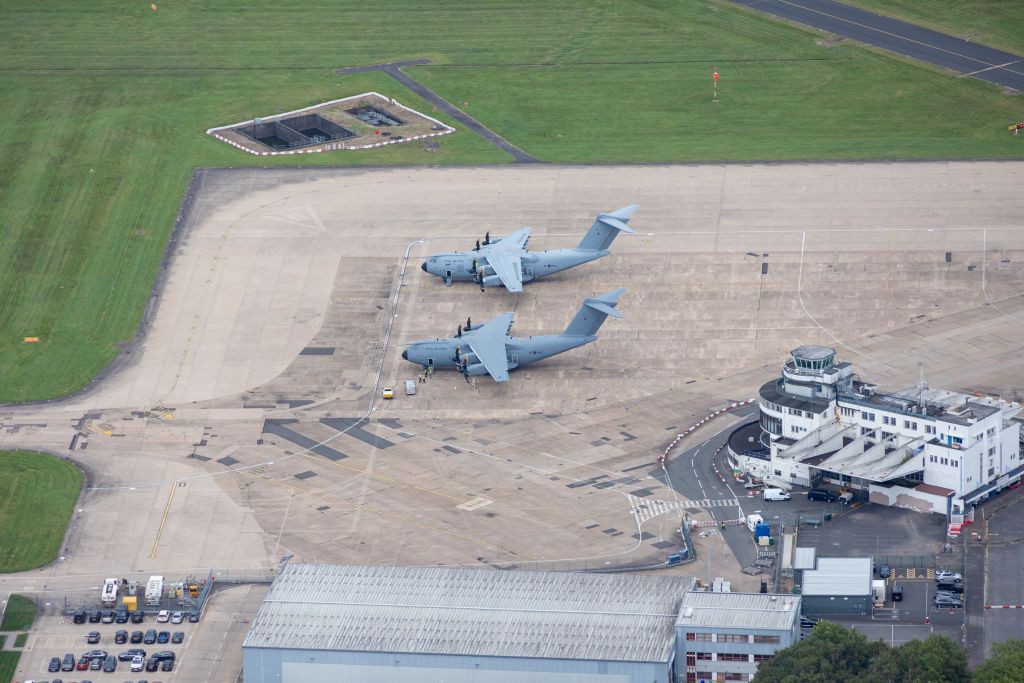
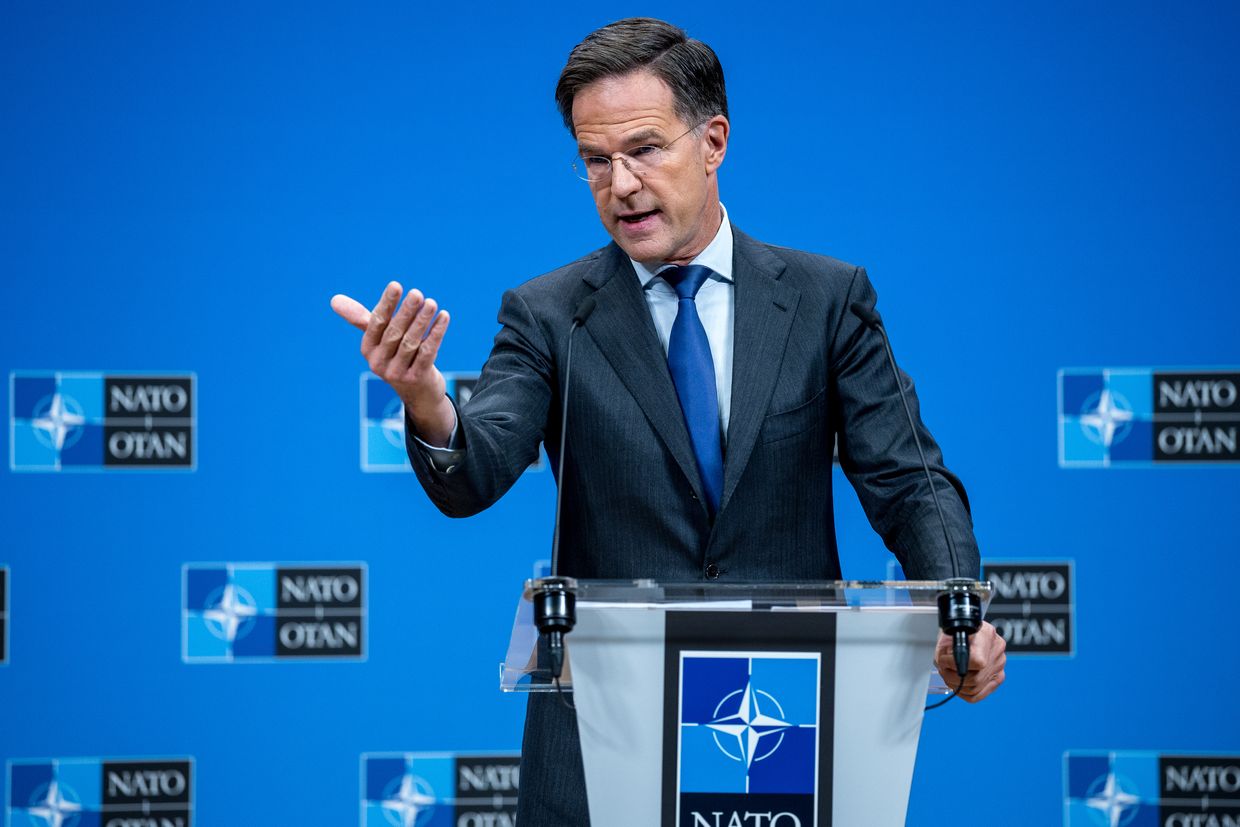
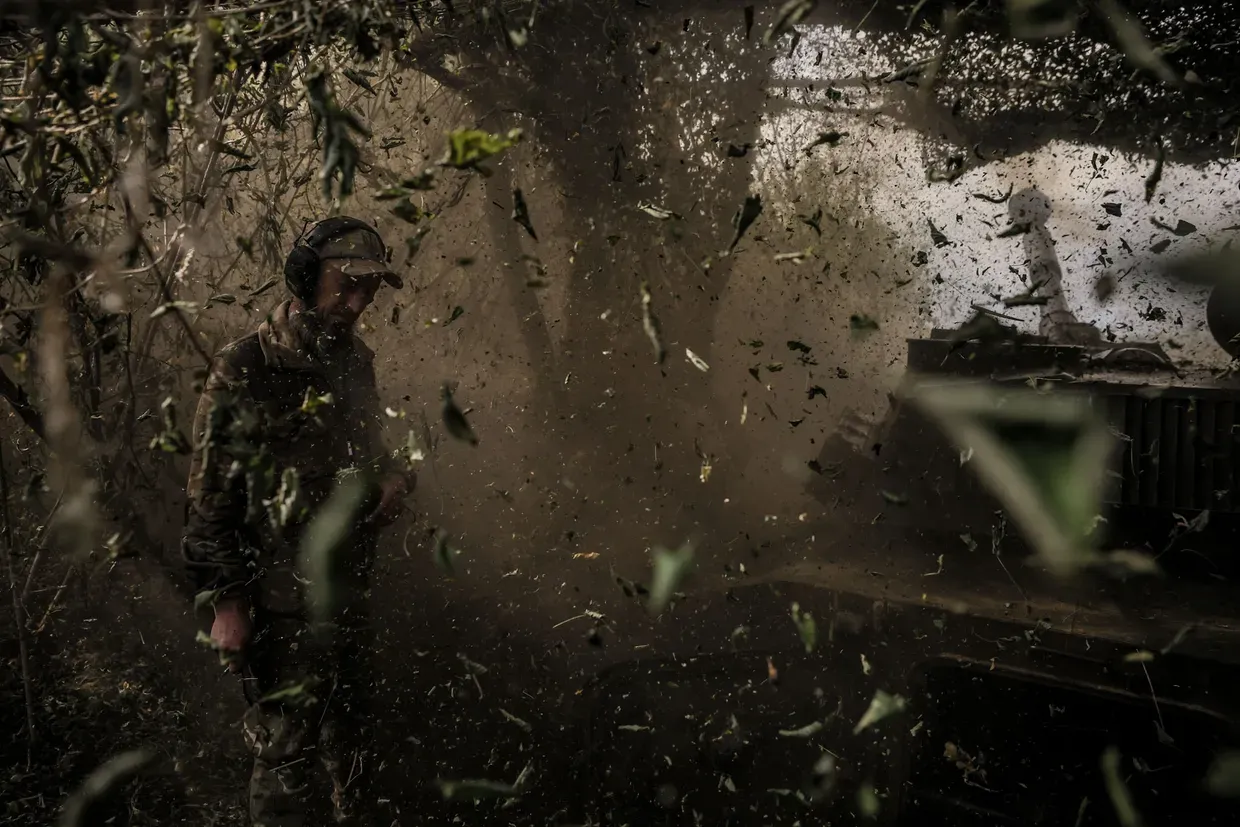
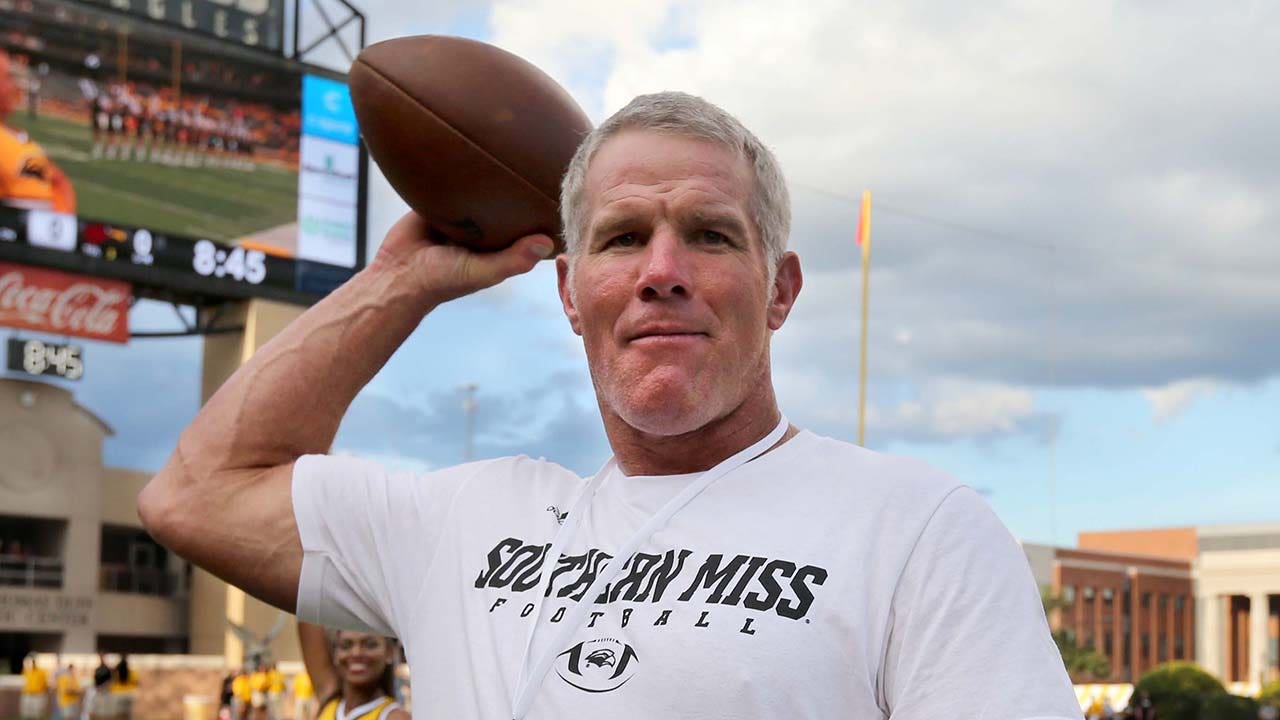


Comments